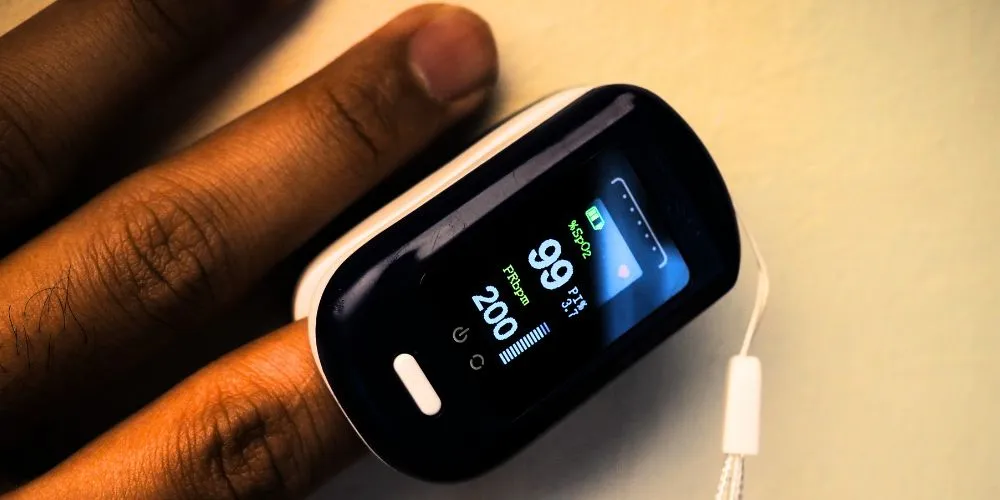A California-based physician and the Roots Community Health Center are leading a legal charge against 12 companies for the sale of pulse oximeters, devices used to measure blood-oxygen levels, which researchers argue provide inaccurate readings for people of color.
Historically, studies have revealed that pulse oximeters can overestimate blood oxygen levels in individuals with dark skin, potentially leading to delayed or inappropriate medical treatment. The lawsuit, the first of its kind, seeks an injunction to halt further sales in California until the devices are modified to offer accurate readings for people of color or until warning labels highlighting inaccuracies are affixed.
Pulse oximeters (clipped onto a fingertip) determine blood-oxygen levels by shining light through the human skin and measuring its absorption by the blood. However, the devices can be less accurate in individuals with dark skin due to higher melanin levels, interfering with their performance. During the COVID-19 pandemic, concerns were raised as people with the virus sometimes exhibited abnormally low oxygen levels, bringing attention to the issue.
The lawsuit targets major medical device manufacturers, including Medtronic and Masimo, and calls for changes in the devices’ design or the addition of warning labels. The legal action leverages California’s consumer-protection laws, alleging that the companies are falsely advertising the efficacy of the devices, particularly for people of color. The suit has the potential for significant impact, given California’s substantial medical device market.
Researchers have expressed frustration at the slow response from the medical device industry and regulatory bodies despite the well-documented biases in pulse oximeters. The devices, historically trained on white individuals, have been criticized for providing inaccurate readings for people of color. The legal action underscores the need for accountability and systemic change within the healthcare industry to address racial disparities, with hopes that the threat of a lawsuit will expedite necessary modifications to the devices.
The companies named in the lawsuit, including Medtronic and Masimo, emphasize their commitment to meeting regulatory guidelines and maintaining the efficacy of their technologies. The legal proceedings may prompt a broader discussion about medical device oversight and approval processes, especially those approved through the 510(k) pathway. This allows devices to gain approval based on their substantial equivalence to existing devices without extensive clinical trial data.
The lawsuit’s outcome may set a precedent for addressing racial disparities in medical devices and influence standards beyond California’s borders, potentially bringing about systemic changes in the healthcare industry’s approach to ensuring equity in patient care.












